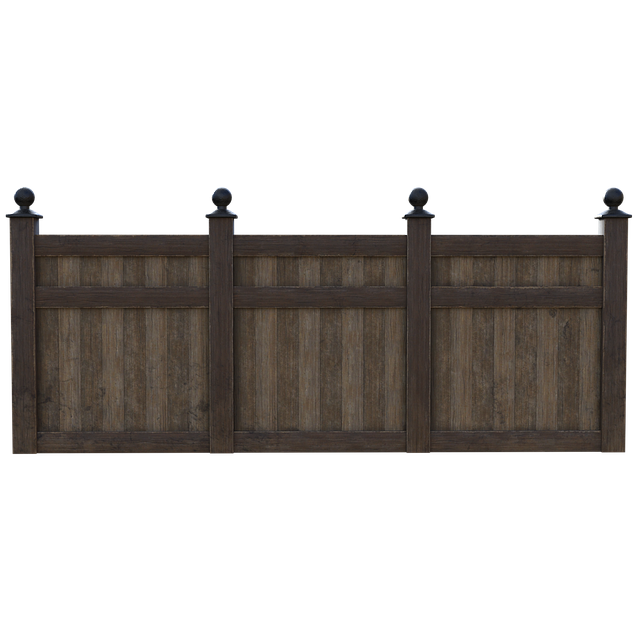In New Bedford, MA, the push for eco-friendly living has extended to outdoor spaces, with fencing materials undergoing a green revolution. This article explores the diverse range of sustainable fencing options available to residents, highlighting their environmental benefits and aesthetic appeal. From recycled plastic to organic bamboo, these materials offer not only a harmonious blend with nature but also long-lasting durability. We’ll guide you through the selection process, installation tips, and maintenance strategies for adopting an eco-conscious fence that enhances your property’s beauty and value.
- Eco-Friendly Fencing Options in New Bedford
- Benefits of Sustainable Fencing Materials
- Choosing the Right Green Fence for Your Property
- Local Installation and Maintenance Tips
Eco-Friendly Fencing Options in New Bedford
In New Bedford, MA, residents and local authorities are increasingly turning to eco-friendly fencing options that offer both aesthetic appeal and environmental benefits. One popular choice is recycled plastic fencing, which is durable and requires minimal maintenance. These fences are made from post-consumer waste, such as plastic bottles, and can last for decades without rot or rust, significantly reducing the need for frequent replacements.
Another sustainable option is natural wood fencing, particularly when sourced from locally managed forests. New Bedford’s proximity to vast green spaces allows for easy access to high-quality timber, which can be treated with eco-friendly preservatives to enhance its longevity. Organic materials like bamboo and hemp are also gaining traction due to their rapid growth rates and low environmental impact. These options provide a charming, natural look while promoting ecological sustainability within the community.
Benefits of Sustainable Fencing Materials
In an era where environmental consciousness is growing, choosing sustainable fencing materials offers numerous advantages for both homeowners and the local ecosystem in New Bedford, MA. These eco-friendly options provide a long-lasting alternative to traditional fences while minimizing their carbon footprint. One of the key benefits lies in the reduced environmental impact; compared to conventional materials, sustainable fencing is often made from recycled or renewable resources, decreasing the demand for new raw materials and lowering energy consumption during production.
Additionally, these green alternatives can contribute to a healthier local environment. Many eco-friendly fences are designed to support biodiversity by providing habitats for wildlife, such as birds and insects. They may also be treated with natural, non-toxic preservatives, eliminating the risk of harmful chemicals leaching into soil and water sources. Furthermore, sustainable fencing materials often have a longer lifespan, requiring less frequent replacement, which reduces waste and saves resources in the long term.
Choosing the Right Green Fence for Your Property
When selecting an eco-friendly fence for your New Bedford property, consider its specific needs and aesthetics. Different materials offer unique advantages; for instance, bamboo fences are highly sustainable and provide a natural look, while recycled plastic lumber is durable and low-maintenance. Each option has its charm and environmental benefits.
Match the fence’s function with your requirements. Do you seek privacy? A solid wood or woven willow fence might be ideal. Is strength and security your priority? Then consider metal or robust composite materials. Keep in mind that local climates, exposure to elements, and desired visual appeal should all play a part in choosing the right green fencing solution for your space.
Local Installation and Maintenance Tips
When opting for eco-friendly fencing materials, local installation and maintenance play a crucial role in maximising their benefits. Professionals skilled in sustainable construction practices should install these fences to ensure proper placement and structural integrity. In New Bedford, MA, several local companies offer such services, leveraging expertise in integrating green materials seamlessly into outdoor spaces.
Regular maintenance is key to prolonging the life of eco-friendly fences. This includes periodic cleaning to remove debris and any buildup, as well as inspections for signs of wear or damage. Simple care routines, like keeping vegetation trimmed around the fence line, can significantly enhance its aesthetic appeal and structural soundness.
